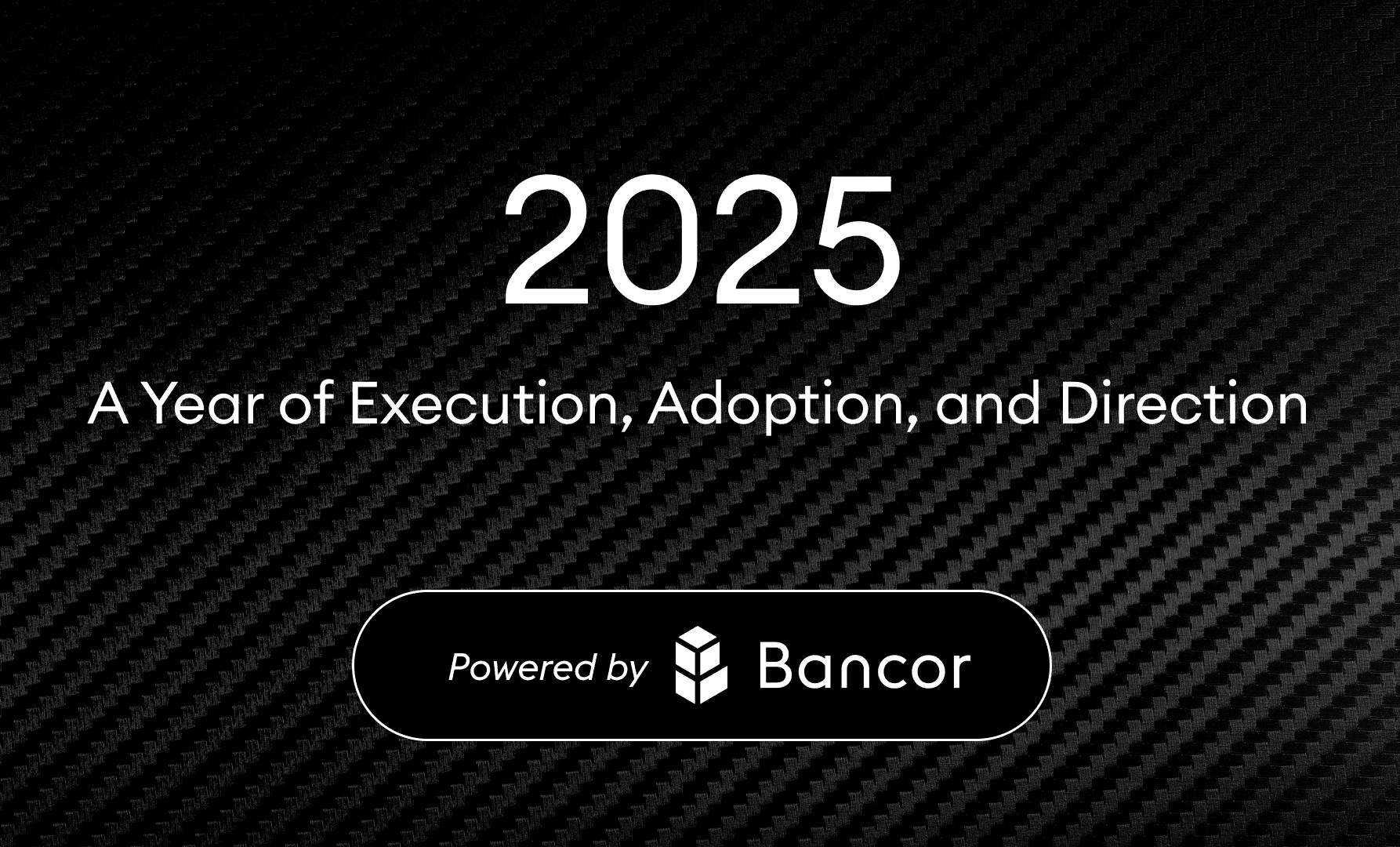Key Takeaways
• What is a sandwich attack?
• How do DeFi users fall victim?
• How to make yourself 100% immune
MEV sandwich attacks are one of the sneakiest and most predatory threats in DeFi. In the last 30 days alone, over 52,000 onchain users have fallen victim to sandwich attacks — and that’s just on Ethereum mainnet.
Fortunately, there’s now a way to eliminate the threat entirely and ensure you never become one of them.

What Is a Sandwich Attack?
A sandwich attack is a type of MEV (Maximal Extractable Value) exploit that takes advantage of pending transactions in DeFi trading. MEV refers to the maximum value that miners or validators can extract by reordering, including, or censoring transactions within a single block during block production. In DeFi, bots often exploit MEV using techniques like front-running and back-running. When both of these occur within a single block, it creates a sandwich attack where a malicious actor inserts their own transactions around a user’s trade, effectively “sandwiching” it.
One of the most extreme examples comes from the infamous “jaredfromsubway,”. This well-known MEV bot operator pocketed over $1 million in just one week through a string of sandwich attacks targeting traders of the Pepe (PEPE) and Wojak (WOJAK) memecoins.
Here’s how it works:
1. Front-running
The attacker detects a pending transaction on the blockchain (usually a large buy order) and places their own buy order right before the original trade. This pushes the price up just before the user’s trade executes.
2. User’s trade
The user’s transaction goes through at the now artificially inflated price. They receive fewer tokens than expected due to the sudden price increase caused by the attacker’s buy order.
3. Back-running
Once the user’s trade is executed, the attacker sells their tokens at the inflated price, effectively locking in a profit at the user’s expense.
The user is “sandwiched” between the attacker’s two trades, ultimately paying significantly more for their trade than initially expected.
How Users Fall Victim
Since DeFi occurs on distributed public ledgers anyone can observe pending transactions, making it easy for malicious bots to detect vulnerable trades and execute sandwich attacks. This vulnerability is particularly pronounced in AMMs (Automated Market Makers), where liquidity is pooled between two tokens on a single bonding curve. While this system facilitates a simple style of onchain trading, it offers minimal control over trade execution, exposes users to slippage, and creates ideal conditions for malicious actors to perform sandwich attacks.
As a result, users often fall victim without realizing what’s happening, chalking up losses to “market volatility” when, in fact, they were exploited. Most traders simply accept the outcome of their trade as a normal part of DeFi, unaware there’s a solution to avoid these risks.
Fortunately, there’s a way to protect yourself and eliminate the risk entirely — by becoming a maker on Carbon DeFi.
How to Make Yourself 100% Immune to Sandwich Attacks
Instead of acting as a taker on an AMM, where you are:
Vulnerable to sandwich attacks and slippage
Not guaranteed to receive the price quoted by the AMM (as it’s only “the price” until a trade occurs)
Limited by the depth of the liquidity pool
Become a maker on Carbon DeFi, the latest DEX by Bancor.

Benefits:
100% immunity to sandwich attacks
Zero slippage, trade only at the precise price(s) you quote to the protocol
Pay zero protocol, trading, or gas fees
A built-in trading bot acts as a de facto taker, pulling liquidity from DEXes across the entire chain to fill your orders
Choose from a variety of order types, including:
• Limit– Set a single price to buy or sell a token.
• Range– Scale in or out of a position with a custom buy or sell range.
• Recurring– Link separate buy and sell orders, automating a buy low/ sell high trading cycle.
6. Infinite Capital Efficiency
7. Combine any two standard ERC20 tokens, no matter how unique the pair.
Okay, so you might be asking,
“How exactly does Carbon DeFi offer sandwich attack immunity to its users?”
Without getting into the technicals (Project Lead Dr. Mark Richardson and Senior Advisor Stefan Loesch have already done an excellent deep dive series here), the TL;DR is this:
Carbon DeFi doesn’t rely on liquidity pools like AMMs, nor does it use more than one token per bonding curve. In fact, Carbon DeFi isn’t an AMM at all. This unique design allows users to avoid the common vulnerabilities of AMMs, offering full protection from sandwich attacks.
Simply powerful trading
By becoming a maker on Carbon DeFi, you not only protect yourself from falling prey to this predatory attack but also take full control of your trades with phenomenal precision.
No sandwich attacks, no slippage, no hidden fees — just the power to trade on your terms.
Carbon DeFi is live and deployed by Bancor on Sei v2, Celo, and Ethereum, with licensed deployments by Velocimeter (Graphene), FusionX (Supernova), and AlienBase on Base, Fantom, and Mantle.





